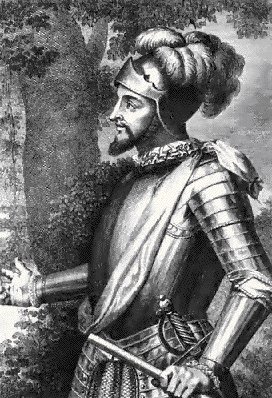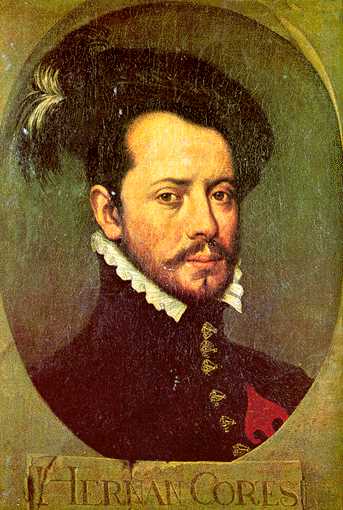
On First Looking Into Chapman’s Homer by John Keats:
Much have I travell’d in the realms of gold,
And many goodly states and kingdoms seen;
Round many western islands have I been
Which bards in fealty to Apollo hold.
Oft of one wide expanse had I been told
That deep-brow’d Homer ruled as his demesne;
Yet did I never breathe its pure serene
Till I heard Chapman speak out loud and bold:
Then felt I like some watcher of the skies
When a new planet swims into his ken;
Or like stout Cortez when with eagle eyes
He star’d at the Pacific–and all his men
Look’d at each other with a wild surmise–
Silent, upon a peak in Darien.
Chapman’s Homer seems a bit stodgy today but compared to previous
translations in English it had power and punch — and was much closer
to the supple, hard-hitting Greek of Homer. You have to read
Stanley Lombardo’s bold new translations of Homer to get a sense of how
Chapman’s version must have sounded to Keats’ generation.

The last four lines of this sonnet are what make it memorable, even
though we may know that it was Balboa, above, who first sighted the Pacific
from the vantage point of the New World (in Panama) — not “stout
Cortez”, below.

Hernán Cortés did reach the Pacific coast of Mexico sometime
later, or rather he reached the coast of a sea that communicates with
the Pacific, now called the Gulf Of California or the Sea of Cortez or,
of
course, the Mar de Cortés. This is the great body of water that
lies between the west coast of mainland Mexico and the Baja California
peninsula.
